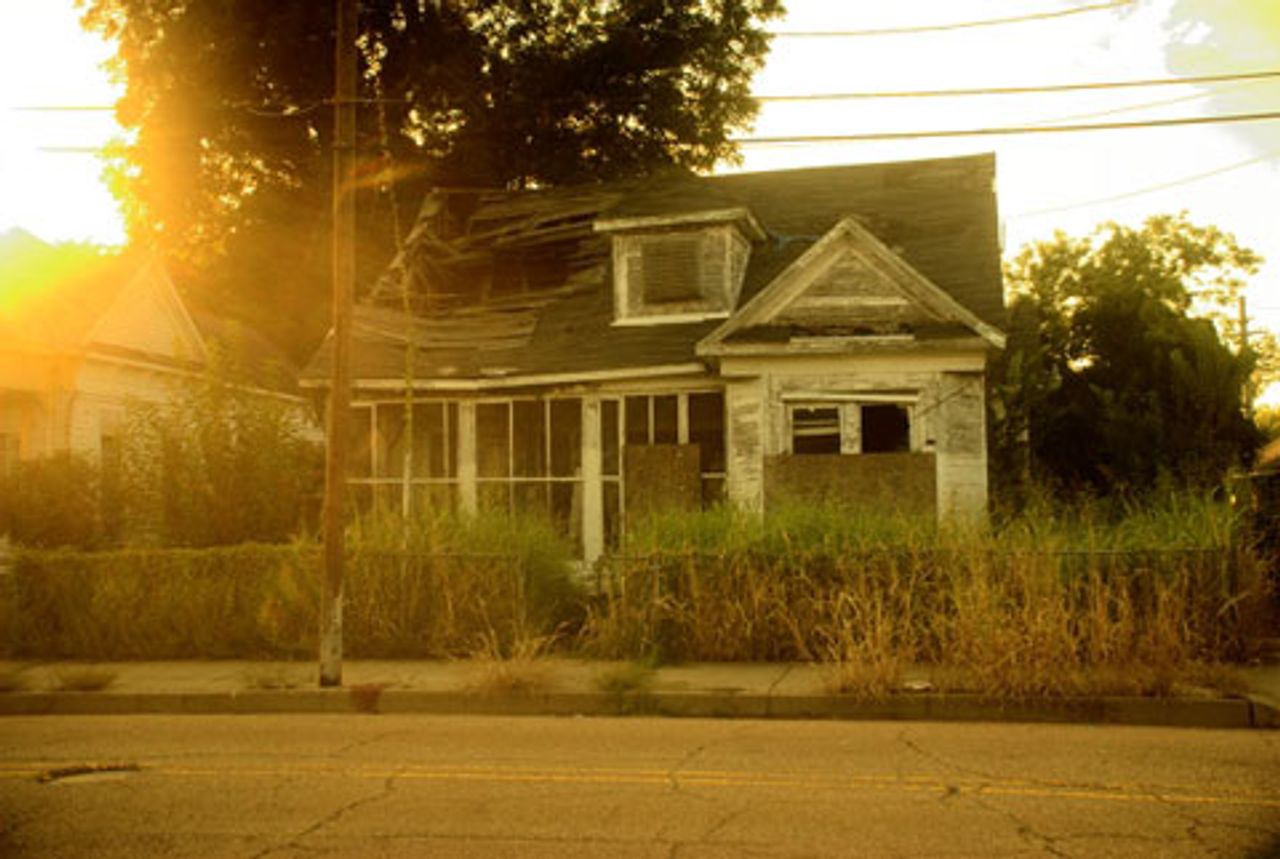The Socialist Equality Party recently concluded its statewide tour of Louisiana. The campaign team visited cities across the state in order to solicit the support needed to place SEP presidential and vice presidential candidates Jerry White and Phyllis Scherrer on the ballot in November.
In order to get on the ballot in Louisiana, the campaign needs electors in each of the six congressional districts, plus two at-large electors. As of today, the SEP has secured electors in five congressional districts. The SEP still needs an elector in congressional district 1, which includes Metairie, Venice and areas of the southeastern coast.
Along the tour, campaigners spoke to workers about the socialist program in the 2012 elections. They discussed the new round of budget cuts passed in the state with the support of the Democratic Party. The budget cuts total $300 million and will target education and health care in particular.
Lafeyette
Lafayette is a city of approximately 122,000 in southwest Louisiana. The SEP campaign team visited the University of Louisiana at Lafayette.
 Xavier
XavierA young student named Xavier alluded to the mass anger of the student population toward tuition hikes. “No one wants tuition to rise. I don't think anyone is a fan of that,” he said. He then went on to note the layoffs caused by the budget cuts. “It affects people’s jobs. The cuts don't just affect students. People will be losing their jobs over this.”
SEP supporters discussed the party’s position that education is a social right and should be free for the entire population. In response, Xavier lamented that “college hasn’t been free for a long time.”
Another student who wished to remain anonymous expressed bitterness over the fee hikes. “To be honest it is ridiculous,” she said. “The students who were used to paying a certain amount now are expected to pay more. If you can’t pay to go to college, then you can’t find a job. I can see a lot less people going to college as a result of the cuts.”
A faculty member complained, “It’s absolutely ridiculous—especially with regard to the cuts. The amount of money that has been cut amounts to forty percent of state funding for our school, which is devastating.”
Alexandria
 An example of the decay in Alexandria
An example of the decay in AlexandriaAlexandria is a city of approximately 50,000 in the center of Louisiana. Approximately 27 percent of the population in the metro area lives below the poverty line. Residents who spoke to campaigners said there were mass homeless camps on the outskirts of town, hidden in the woods and under interstate and highway overpasses.
The budget cuts will have a profound effect on health care for Alexandria residents. The Huey P. Long Medical Center, a charity clinic serving the local population, faces $5 million in cuts. The pediatric and orthopedic programs will be cut entirely, and 56 staff members will be laid off. The pulmonary, gastroenterology, and urology clinics are due to close as well.
The SEP campaign team visited the Huey P. Long Medical Center during its stay in Alexandria. They spoke with a nurse who wished to remain anonymous for fear of reprisal. She expressed the views not only of the staff, but the residents who will be affected by the cuts.
“This is bad because the poor people who can’t afford health insurance will have to go to the private facilities, which don’t want them,” she said. “Many won’t even accept Medicare or Medicaid.”
She discussed the high quality of care that the medical center provides for the community. “People used to call Huey P. Long medical center ‘charity,’” she said. “But even people with health insurance still come here because we take care of them!”
She added, “They talk about how ‘they don't have the money.’ No. The government is crooked. The bottom line is money. That's all that matters to them.”
“Pediatrics are needed here badly,” she said. “Someone stopped me in the store the other day and asked me, ‘Are they closing orthopedic?’ and I said ‘yeah.’ She looked at me and said, ‘but my son goes there.’
“You have to have medical care. It is expensive, but you have to have it.” She said she was in favor of public health care geared to social need.
“The rich are the ones who survive in this world. It’s not the poor. It’s not the middle class. It’s the rich who survive in this life,” she said.
Charlotte Carter, like many residents, was extremely upset over the cuts to the medical center, particularly in regard to the cuts to the pediatric clinic.
“I think it’s terrible that they’re cutting baby services,” she said. “People need that.”
Carter was at the medical center with her boyfriend, who was dealing with liver problems. Originally, she was advised to take her partner as far north as Shreveport. Because she was unable to get transportation to Shreveport, she and her loved one were wholly dependent on care from the medical center. “They wanted to send my old man to Shreveport, but we don’t have the money to go to Shreveport,” she said. “So he’s got to go here—or go to his burial.”
She referred to the large amount of poverty in the region and noted that the vast majority of the local population depended upon the medical center. “We're mostly black folk around here in Alexandria. Unless they’re rich black folk, though, they have to go here.”
Upon hearing of the Democrats’ role in the passage of the budget cuts, she was angry but did not seem surprised. She expressed a general disgust with the Democratic Party: “They’re only for poor people until they get elected.”
